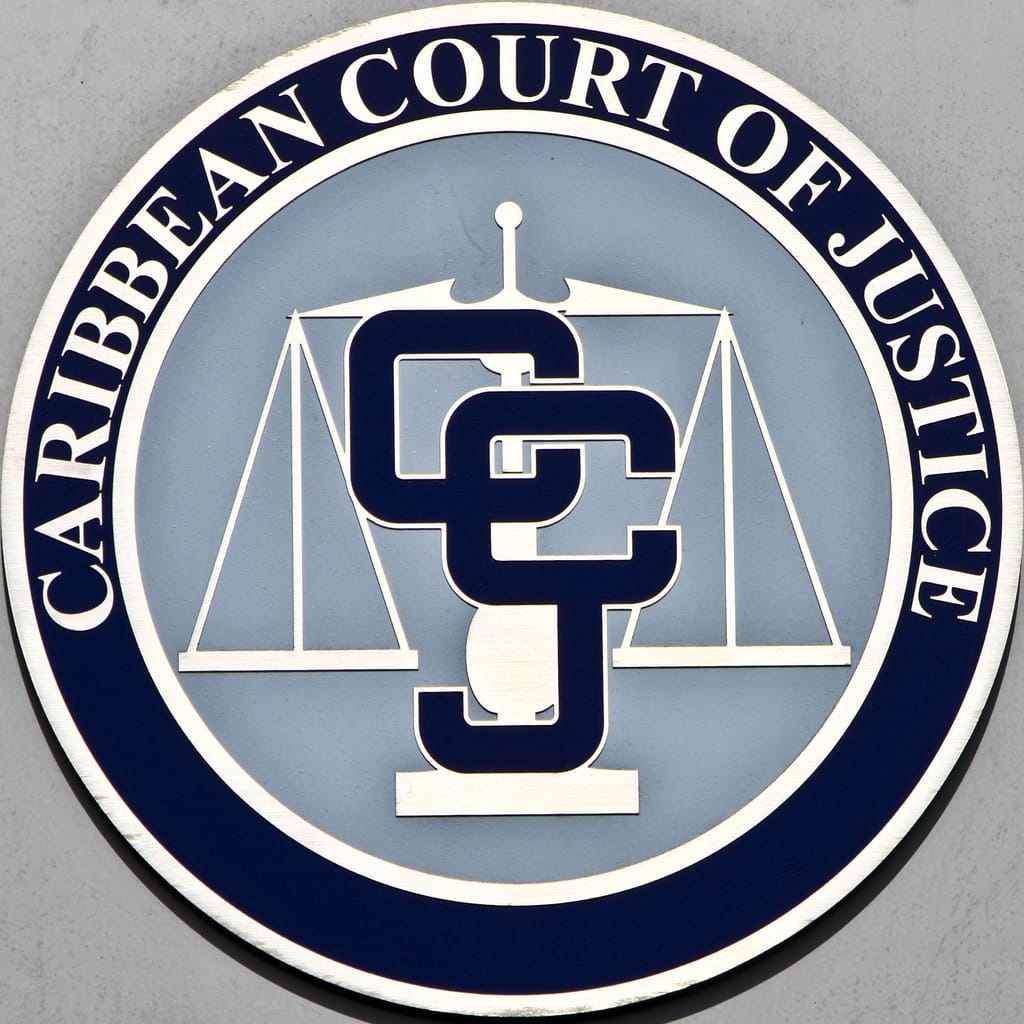
Antigua and Barbuda
On the whole Caribbean Court of Justice (CCJ) debacle, I maintain certain reservations on the matter and I will be straight to the point on tabling them. Although one can wholeheartedly empathize with the benefits of removing one of the many colonial attachments from our judiciary system, I do not necessarily see how egregious these costs of travel and accommodation really are to the United Kingdom, in comparison to what the government would potentially have to contribute towards the Trust that funds the CCJ. We should certainly inquire as to the influx of cases filed in the final court of Justice for these territories; how many cases are actually heard in each of these four CCJ territories versus what is filed in the Privy Council in each of the other territories outside of the CCJ? We can use Dominica as a comparative example as their population size is much closer to ours here in Antigua and Barbuda; how often have they found themselves using the CCJ? We would have to really compare the burden of the costs that the government will ultimately undertake should the referendum be successful to the
Furthermore, it is not every year, per say, that in Antigua and Barbuda we send a matter to the Privy Council – this perhaps could be a wrong assessment so I will assume it is five to ten times a year; one will estimate it to be that. But, in the event there are zero cases sent to the final court a Justice in a given year, one could foresee that there may be some injustice involved in that we may end up funding trials off and on that do not technically pertain to us. Yes, the precedent of that case from another CCJ territory will ultimately have an influence on how we manage our behavior to a specific law, but depending on the results of the rendered verdict would it really be to our benefit and for those countries assigned to the CCJ? What if our government falls short on remitting its timely financial contribution to the CCJ Trust? In the event that our government does, would we then be threatened by the CCJ Board who may stipulate that our case(s) cannot be heard until such dues are cured? This is just too much bureaucratic control.
I see the benefit in wanting to create a regionally cohesive and centralized legal platform for our CARICOM countries, but in tandem with my prior thoughts is my skepticism on the question: can our people really provide a value-free judgment without being influenced by the powers that be, including but not limited to our culture and friendly relations amongst each other. Now, Justin Simon, QC said that we must trust our people and have faith in them during his CCJ advocacy interview on ABS recently, but he also counter-productively mentioned, too, that humans err and thus the judicial system will have its issues. However, he then went on to say that the CCJ has rendered sound judgments that are internationally acclaimed. And of course one acknowledges that humans are perfectly imperfect so one does not necessarily expect perfection. It is understood that there are individuals who hold the view that it will be excellent if anyone can come close to emulating Sir Dennis Byron, former President of the CCJ. However, the question remains: what is so inherently bad about Privy Council judgments that are rendered almost 99% value-free as the judges on the panel have no sort of influence or knowledge of persons in our region? They are just simply looking at the law and its interpretation. Time is of the essence on this matter they say. But what is truly the agenda behind all of this? At the end of the day, one does not see this benefiting the poor layman. Forgive me for being a cynic.
Sincerely Yours,
Franchesca Sterling
Advertise with the mоѕt vіѕіtеd nеwѕ ѕіtе іn Antigua!
We offer fully customizable and flexible digital marketing packages.
Contact us at [email protected]














I am a cynic as well and have many of the same issues you voiced. I for one will be voting NO.
These legitimate questions don’t make you a cynic. on the contrary, they are very much to the point.
Interesting questions, however I find myself not sure what the writer means by “what is so inherently bad about Privy Council judgments that are rendered almost 99% value-free as the judges on the panel have no sort of influence or knowledge of persons in our region? ” Let me point out to you that there have been cases in the past where a privy counsel judge (eg. Lord Huffman)was censured for being found in a conflict of interest situation. In addition simply because they are the final court does not mean their decision is always right. Examining their decisions over the years, by the Privy Counsel, you will find cases where they have ruled contrary to a prior decision, basically admitting that the earlier ruling was wrong.
Funding: As far as the funding, my understanding is the we have already funded it, kind of like post paid for it. A 100 million usd fund was set up some years ago which we contributed to. The moneys mostly from the investments made by that fund over the years have have been whats was used to maintain the court. After some 12 years of operation the fund now stands at 84 million usd but the expectation is that with the return to normalcy of the global investments, the system where its the income derived from investments, which will continue to fund the court
Please stay tuned because part of the education campaign involves answering such questions as you have asked
Comments are closed.